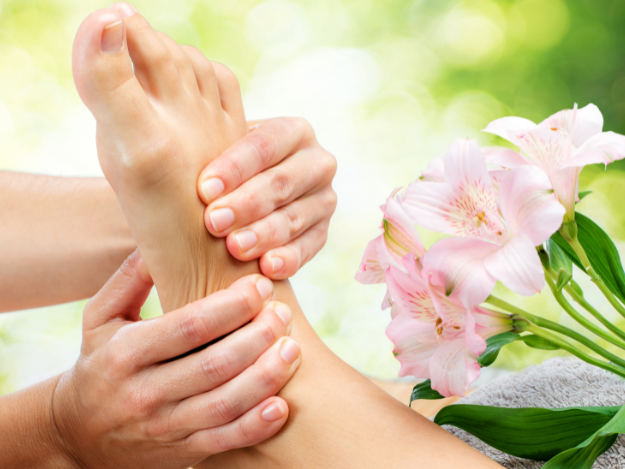Watery, itchy, bloodshot eyes, blocked or runny nose, sneezing, and fatigue—these are just a few symptoms of allergic rhinitis, commonly known as hay fever, that can turn a sunny day into a struggle.

Hay fever is triggered by an allergic reaction to airborne substances. The immune system becomes overly sensitive, releasing histamine that causes these bothersome symptoms.
What Triggers Hay Fever?
- Tree Pollen: Late March to mid-May
- Grass Pollen: Mid-May to July
- Weed Pollen: Late June to September
- Other Triggers: Mould spores, dust mites, pet hair/dander
Natural Remedies to Combat Hay Fever
Try these natural tips at home to help manage hay fever symptoms and enjoy your best summer yet:
- Omega-3 Fatty Acids: Reduce inflammation by including chia seeds, salmon, mackerel, and walnuts in your diet.
- Local Honey: A spoonful a day can help desensitize your immune system to local pollen.
- Green Tea: Drinking 2-3 cups daily can boost the immune system and reduce inflammation.
- Eat Your 5 a Day: Fruits and vegetables are rich in flavonoids, antioxidants, and vitamin C, a natural antihistamine.
- Pineapple: Contains bromelain, a natural anti-inflammatory that eases congestion.
- Stress Reduction: Lowering stress can significantly improve your immune response.
- Garlic: Acts as a natural antihistamine, anti-inflammatory, antiviral, and decongestant.
- Spices: Spicy foods, especially those with chili peppers, can help break down mucus.
- Rinse Your Hair: Regularly wash your hair to remove trapped pollen.
- Groom Pets: Bathe and brush pets to reduce the pollen they bring indoors.
- Avoid Histamine-Producing Foods: Limit pickles, cured meats, nuts, alcohol, and cheese.
Holistic Treatment for Hay Fever
Since June 2019, I have been offering a specialized treatment combining reflexology, aromatherapy, and facial massage to help those suffering from hay fever.
- Reflexology: Promotes relaxation, boosts the immune system, relieves sinus congestion, reduces stress, clears a stuffy head, and reduces inflammation.
- Aromatherapy: Uses a blend of essential oils that act as natural antihistamines, anti-inflammatories, and decongestants.
- Facial Massage: Deeply relaxing, it helps reduce stress, clear sinuses, and bring relief to itchy eyes.
Take Control of Your Hay Fever
I hope these natural tips help you enjoy a symptom-free summer. Let me know how they work for you!


